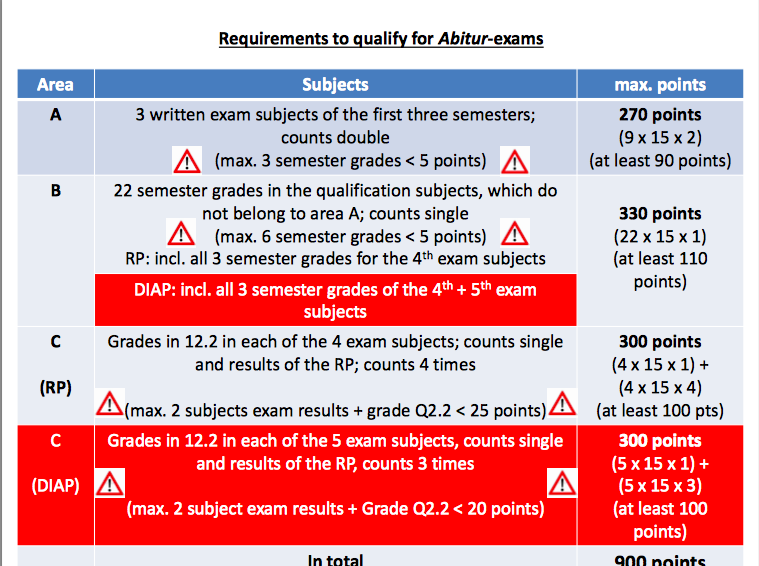
When it comes to organizing, Germans prioritize details while Americans focus on efficiency. These contrasting emphases can become a big source of cultural misunderstanding when they collide.
At several times in this blog, I’ve pointed out similarities Americans and Germans, the most common ground being their time management approach and love for organization. For example, I’ve compared event planning in both countries and talked about time management in the US.
However, I haven’t yet explored why I think Americans are better than Germans at preparing and organizing. It’s time to catch up, don’t you agree?
Why are Americans better at organizing?
My regular readers know that I often use illustrations from my family life to support my observations. So, it’ll be no surprise if I share a story from yesterday evening!
Our local high school invited us to a presentation, and although my oldest child graduated last May, I’m not really familiar with American high schools. To find out a little more, I attended the meeting on “Understanding AP Classes” and came out better informed 50 minutes later.
During this time, 7 different persons addressed the audience, ranging from the counseling department to alumni to a representative from American University. I got a handout with 5 pages, including the agenda, the list of AP courses offered, exams dates, and a planning sheet. I eventually left when the Q&A started as I had no questions.
You may wonder why I emphasize the length of the presentation. I agree that spending 50 minutes on a topic is nothing special for Americans, and I guess that the meeting was probably over after one hour.
At this point, it’s important to remember my cultural background: I grew up in France and spent 20 years in Germany before I moved to the States in 2013. As an intercultural marketing consultant, I’ve worked with many French and German companies, and I now advise European companies seeking to do business in the US. Believe me when I say that a 50-minute presentation about AP classes would barely be possible for most Germans.
But, why?
Time management: American speed vs. German meticulousness
Americans and Germans are both organized, but in different ways. Americans want things done quickly, while Germans want to avoid mistakes. Americans will take chances, but Germans adamantly seek to avoid risks.
In the end, Germans put a lot of attention into coordinating details and try to cover all eventualities.
Of course, this methodical approach slows down the process and annoys Americans, who usually are looking for quick results. At the same time, Germans deplore the American lack of attention to detail and criticize their poor craftsmanship.
Limited by too many details
As I said, my daughter graduated last May from the German International School. Two years earlier, the school invited us to a presentation about the German Abitur exam requirements. Over 2 hours later, I came out distressed and confused. Just take a look at this disturbing chart below. I think you’d also need assistance to understand it!

As part of a lengthy presentation, this 18-page document is supposed to summarize the process of passing the German Abitur (the requirements for the Abitur are similar to the International Baccalaureate exam). But, it hasn’t made the process clear at all. Many parents were as exhausted as I was when they left the event.
The devil is in the details, according to a German saying!
The German International School hasn’t invented its own special exams, and it follows the curriculum and exam requirements developed for all German Schools abroad. As a matter of fact, this lengthy, wordy process is quite typical of many Germans: following consecutive steps, covering all eventualities, etc. But, in the end, the chart was incomprehensible for the parents, thereby defeating the purpose of the meeting.
I attended the same presentation for a second time at the beginning of my daughter’s senior year. Awkwardly, the professor in charge couldn’t answer all the detailed questions from the parents!
From my experience, putting in too much work upfront can actually complicate processes. As a result, the more relaxed American attitude, aiming to agree on the principles and work out the details later, may be more efficient in the long-term.
However, the choice of pursuing efficiency over details or vice versa should be done wisely and depends on the targeted market. For Germany, I would always recommend the more detailed option since German customers are used to high-quality, error-free products!
Do you have any experience with navigating these international differences? Thank you for sharing your thoughts in the comments below!




